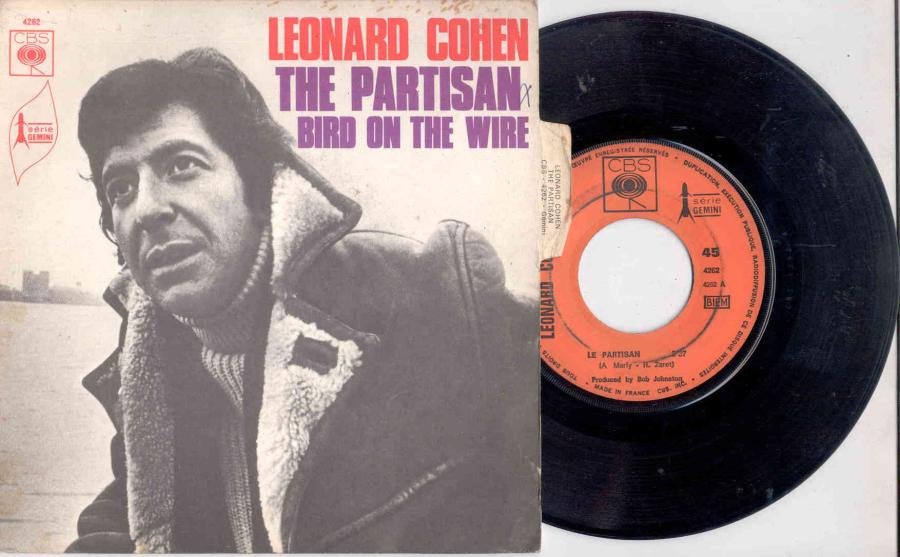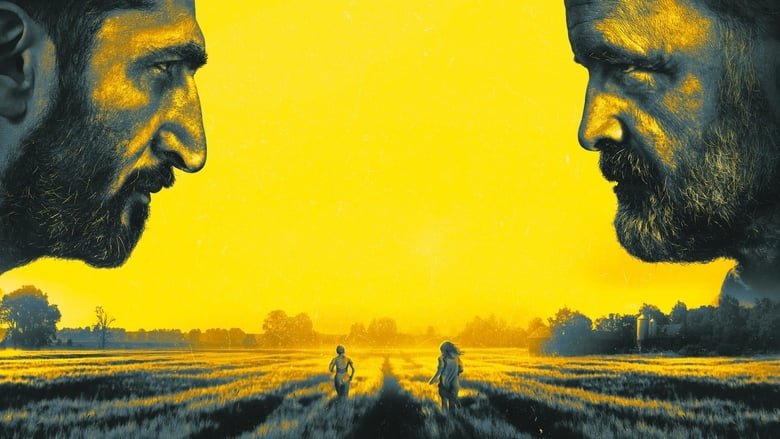Unusually, The Partisan is someone else’s song made famous by Leonard Cohen. We are used to other people covering his songs – in fact many people have no idea who wrote Halleleujah, for example.

The power of the lyrics is classic Cohen, except it was penned by Hy Zaret, more famous for Unchained Melody, one of the most covered songs of the twentieth century. That in itself is an interesting story that will appear in another episode of Fashion by Dad.
I have changed my name so often
I’ve lost my wife and children
But I have many friends
And some of them are with meAn old woman gave us shelter
Kept us hidden in the garret
Then the soldiers came;
She died without a whisperThere were three of us this morning
Hy Zaret, translation of The Partisans
I’m the only one this evening
But I must go on;
The frontiers are my prison
Zaret himself was translating the original song, written by French Resistance leader Emmanuel d’Astier de la Vigerie (1900–1969), for a song composed and performed by Russian, Anna Marly.
The original title “La Complainte du partisan” means “The lament of the partisan”. Marly performed it on the BBC‘s French service to boost morale of the Resistance. A number of French artists have recorded and released versions of the song since, but it is Zaret;s lyrics and Cohen’s recording that have given it widespread coverage in modern times. Joan Baez covered it in 1972
It was used for the Swedish television show, Partisan. The show is a thriller set in a gated community growing organic food.

One of the notable things about the Cohen recording is that the two guitars are completely differentiated into the left and right channels, giving it an unusual quality that is usually avoided.
Anna Marly and Hy Zaret died only two decades ago, so lived to hear the Cohen version rip through popular culture.
All of this set the stage for Grandma’s Apples, during Time for a Story Time Story in the July 27th episode of Fashion By Dad.